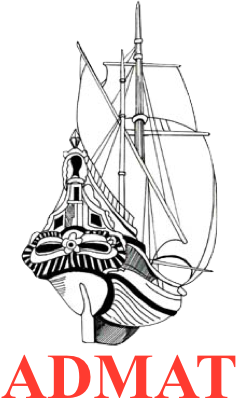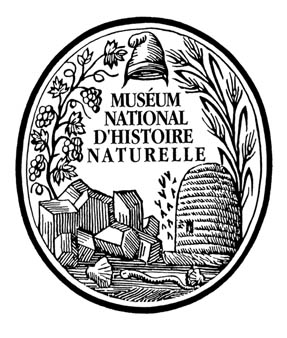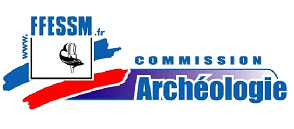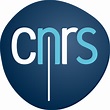ADMAT's lecture at the Universidad Autonoma De Santo Domingo, in Santiago
Page 4
During the project, as previously mentioned, we were delighted to show one of the social science classes from the Universidad Autonoma De Santo Domingo the artefacts and our work. Over 40 staff and students from the University came, including Prof. Fernandez and Director Flavia Perez. One of the students Yassi Ramos and her professor Genaro Pena Fernandez, thought it was an excellent idea that DR Spooner should give a lecture at their university on ADMATs and ONPCSs important work. Dr. Spooner was invited to give a one day conference on maritime archaeology and protecting the Dominican Republic's great underwater cultural heritage on the 21st September 2012.
The conference at the Regional Center Auditorium University of Santiago (CURSA-UASD), was a great success with a massive turnout of nearly 600 students and teachers. In the words of Dr. Genaro Rodriguez Martinez, director of CURSA-UASD , "science is single and separate for better research and development of such" words he gave purposely for the attention of some of the law students who attended the Dr Spooners’s lecture. They were listening to Dr Spooner’s comments on ownership and the aspects of international martitime law in respect of historic shipwrecks which were found in the sovereign waters of the Dominican Republic. Flavia Disla also spoke about the legal part corresponding to the historic artefacts found in sunken ships, dating from the time of the French occupation. These artefacts today are of great historical and cultural significance for The Dominican Republic.
ADMAT's maritime archaeological work on this wreck site was assisted by ADMAT-FRANCE a non profit organisation based in the Institut de Paléontologie Humaine, Muséum National d’Histoire Naturelle, Paris.
ADMAT-FRANCE is a sub division of the Anglo ~ Danish Maritime Archaeological Team
ADMAT is delighted to have an association with Muséum Nationald’Histoire Naturelle at Paris, départememt Préhistoire, UMR-CNRS 7194.


















